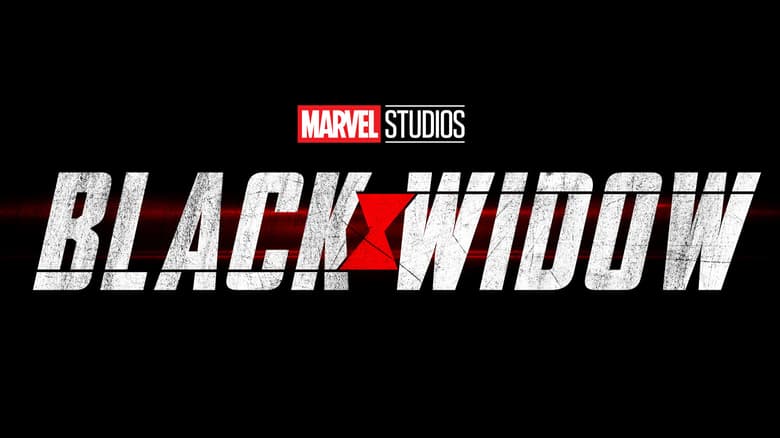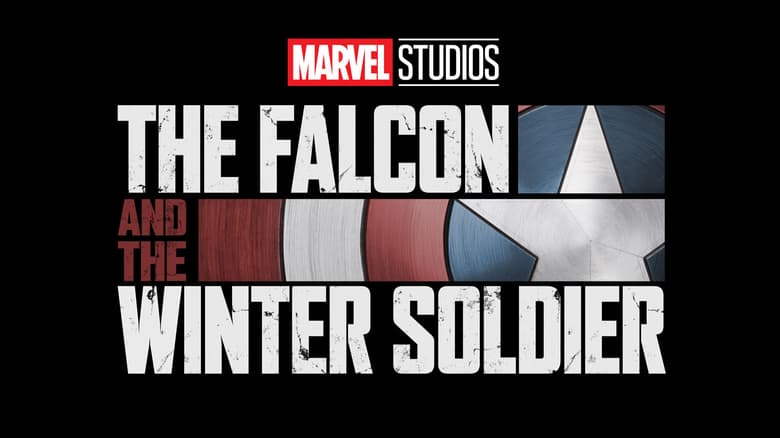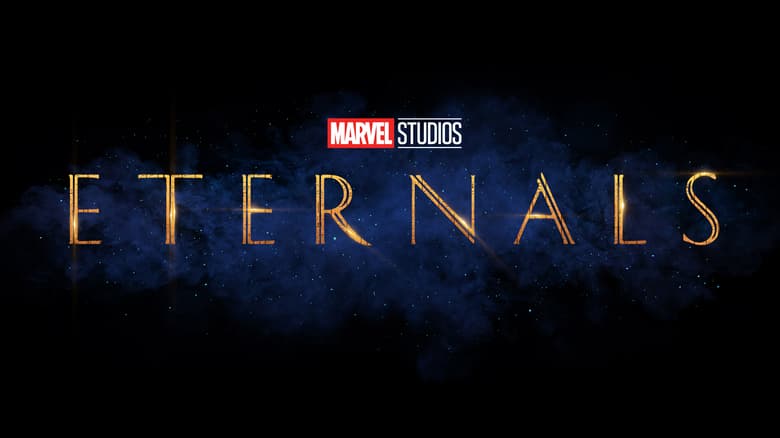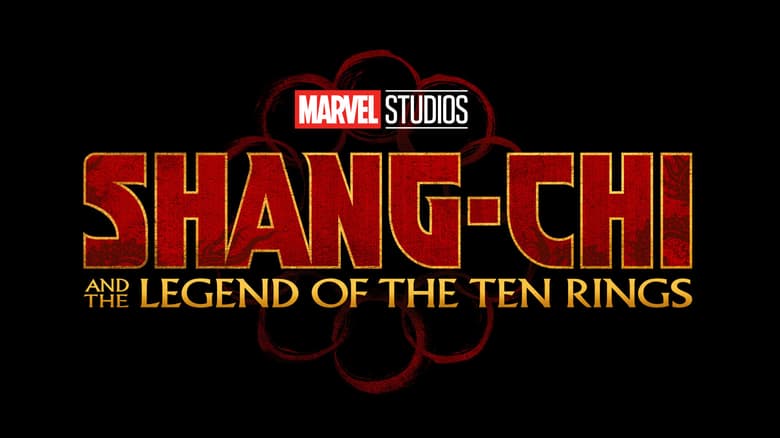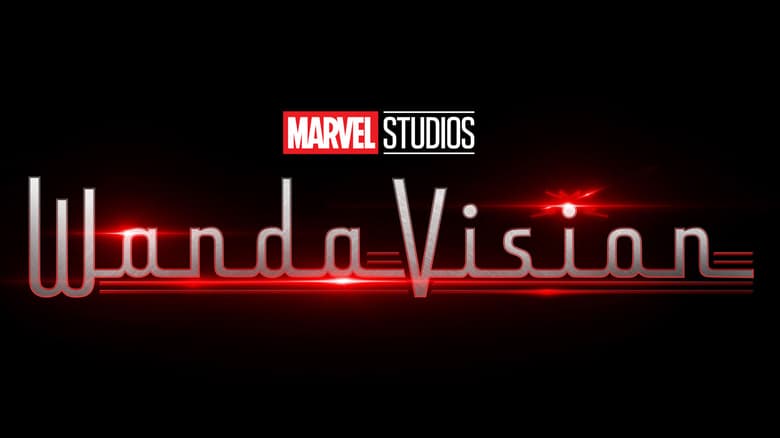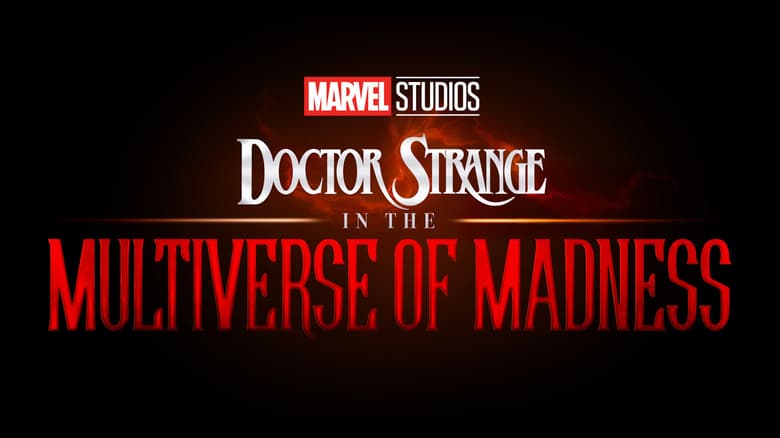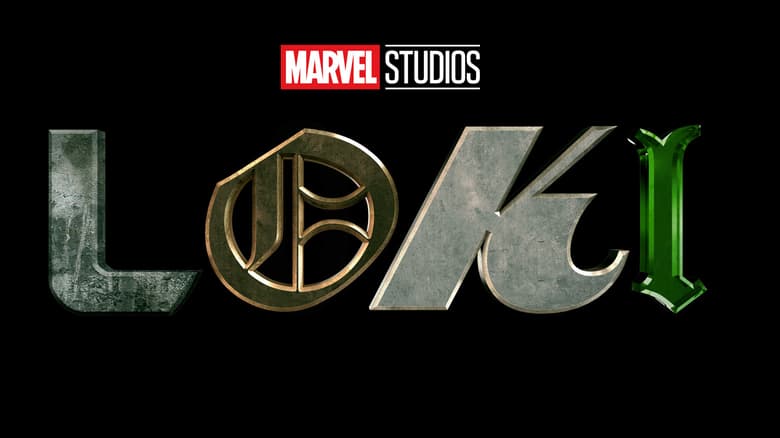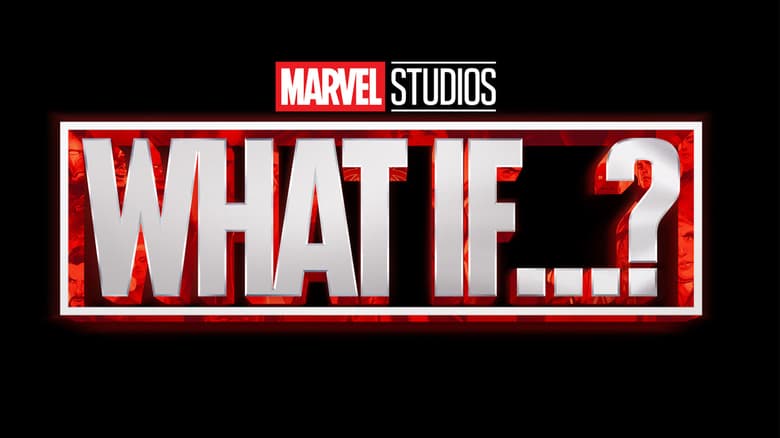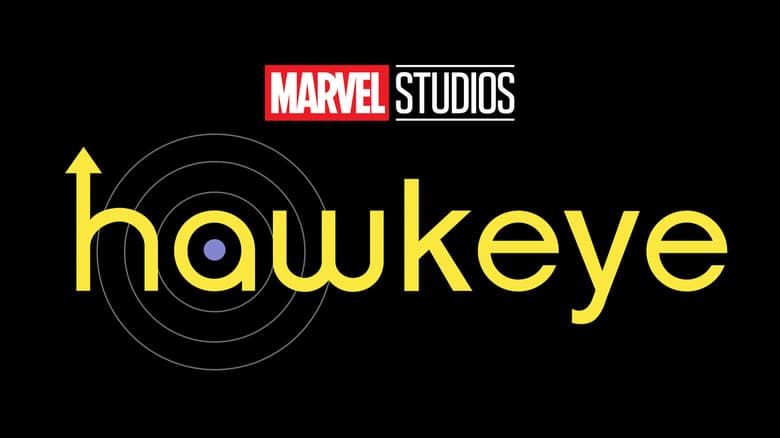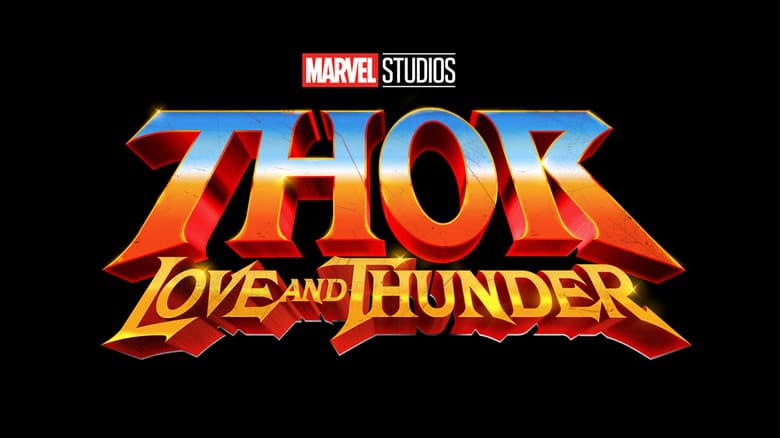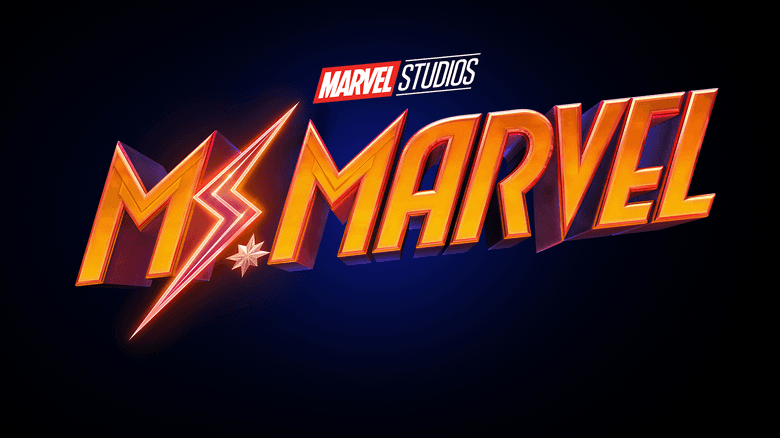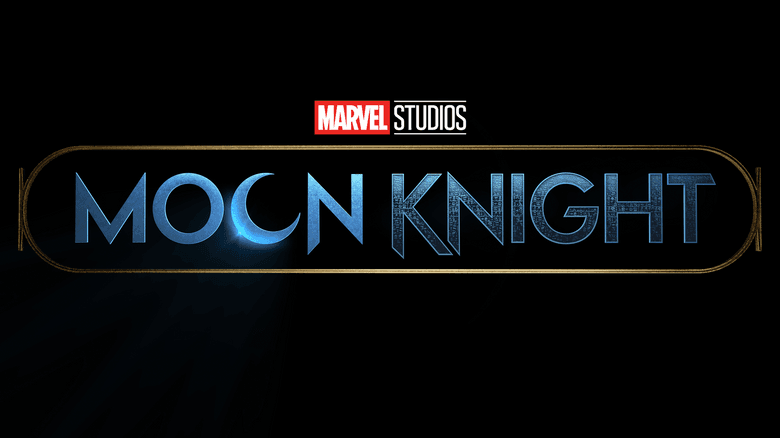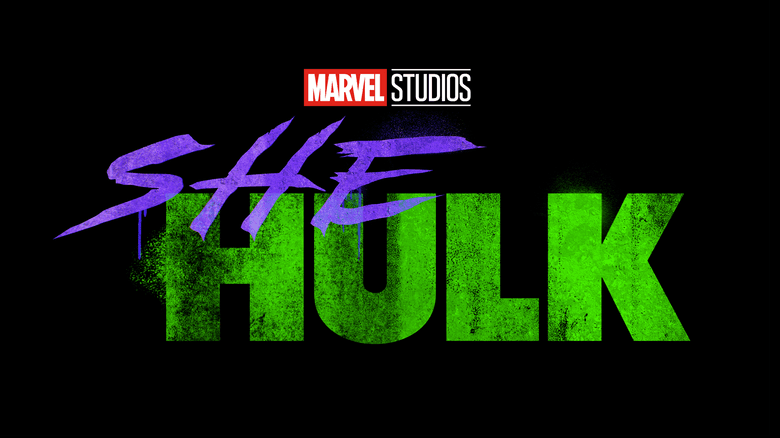Took me a while to find this thread, but really good post by both of you.
DominicCobb said:
OutboundFlight said:
Continuing a conversation in the Lucasfilm’s future thread
Dom, I disagree that Endgame is made of fan service. Granted there is a fair number, in particular, the plan to win sorta makes fan service to the past impossible. Nevertheless, look at what happens to the characters .
“What happens to the characters” is not just what constitutes fan service, in my mind. Yes the plan to win makes fan service impossible to avoid, and I don’t necessarily have a problem with that. But so much time is spent on time travel shenanigans and winks and nods without accomplishing much. One of the most pointless parts is when Cap and Tony go back further to the seventies. Basically its an extended gag, as well as a moment for Tony’s character. Except his character progresses in no way during this sequence, and nothing about it affects his conclusion (beyond the base level 'getting closure with his dad). For Cap, we get set up for his character’s conclusion, but it’s basically just a plot-based set up (this is what gives him the idea) rather than a character one (why does he choose this?).
I couldn’t disagree more that the 70s part of the film was just an extended gag. To me, hearing from his dad that he’d sacrifice everything for his kid was the ultimate thing that made Tony totally willing to sacrifice himself for Pepper and Morgan as his ultimate selfless act - he’d do anything for those 2 to live a happy life, even if it meant laying down his life and trumping every chance he had of living with the 2 loves of his life. I can totally empathize with him not wanting to do that, but I can totally see why hearing his father, a man he saw as barely more than a cold and calculist guy, saying he’d do anything for his kid, would ultimately push him over to this next step. I think that’s why we went back to the 70s. For Cap it was nice foreshadowing, because maybe casual audience members forgot about Peggy.
–Hawkeye goes on a murderous rampage, breaking their morals to try to cope with loss. They do this for an extended period and exit the movie happy but also with sins they hadn’t had before.
In terms of screen time, I’m not sure “extended period” is the right descriptor. As well, we have to understand that Hawkeye is not on the same level of belovedness as the other characters. It’s not exactly a comparable anti-fan service situation to, say, Luke in TLJ, because also Hawkeye’s turn is bad ass (even if it’s bad), and it’s at least partly a nod to the comics (Ronin). The other thing you have to consider, is the fact that basically none of the Avengers have a problem with his bloodthirst, and it ends up not being mentioned at all except on Vormir as a means to make you think that he might sacrifice himself instead of BW (otherwise the choice would have been obvious).
Yes, I feel I don’t need to add anything or counterpoint anything here. Nod to the comics + making us believe in his potential sacrifice.
–Thor sinks into some serious depression which takes a huge toll on them emotionally and physically. Where before this hero was the most “heroic” in Infinity War, but in Endgame they must entirely restart their hero’s journey.
Yeah Thor gets his big fan servicey moments in IW so they didn’t feel bad making him more comic relief in this one, especially since this isn’t a conclusion for him and a lot of his character growth is kicked down the road for the next movie he’ll be in.
I loved Thor in the film, and as OutboundFlight put it, his ‘rise from nothing’ character arc. The reset in his hero’s journey, from a certain point of view. And also the fact that most of the film’s themes are communicated through his mother’s conversation with him, despite the fact that his side mission was the comic relief one. Perfect balance throughout the whole sequence, IMO.
–Thanos, who has been seriously hyped up, is anticlimactically killed off in favor of a more compelling plot.
I loved that part. Then they went and brought him back, and made him half as interesting - he was a compelling villain who posed an interesting and challenging philosophical conflict for the heroes, but ultimately the stakes in the final battle end up just being “save the Earth.”
Agreed here.
–Iron Man, whom we may expect will get a “rise from nothing” character arc (that was surprisingly given to #2) becomes finally happy after the opening act. This is the sort of thing you would expect their character to end on… but instead, that character leaves their happy family to do the right thing and dies. They had everything and they lost it to save the world.
A heroic sacrifice falls squarely into the bounds of fan service if you ask me, especially when he’s literally given an “it’s okay” from his wife so leaving his family behind doesn’t seem all that tragic.
Tony’s death really bothers me if I’m being honest. It’s good that we’re talking about TLJ as well because I found Luke’s death to be a great point of comparison. Their deaths are essentially the same right? They pull one last powerful trick to save the day, but it costs them their lives. Here’s the big difference. We know that both Tony and Luke are the types of guys who’d sacrifice themselves to save someone else. That’s not anything new, we’ve seen that before (Avengers 1 and ROTJ). So how do you make this feel like a poignant and satisfying conclusion to their story? You add a complication. At the start of TLJ, Luke is done being a Jedi, has cut himself off from the Force, and refuses to help. In Endgame, they actually do give Tony the complication - he has a family now, a reason to not sacrifice himself. But whereas every single scene Luke has in TLJ is building up to the moment where he makes the choice to save the Resistance, in Endgame, all we get are couple short scenes at the end of the first act where Tony decides merely to risk his life and the life of his family. Him coming to the decision to actually sacrifice himself and leave his family behind isn’t dramatized anywhere in the film.
I believe I tried to counterpoint this earlier in this post but I’ll try again, going a bit more in-depth. Tony at the start of the film was given everything, as opposed to the rest of the world. In a way he had gone back to being very selfish, with a barrier probably more difficult to break (or at least as difficult) as the one Luke had in TLJ. Still, selfless Tony is still inside him and he eventually figures it all out and even volunteers to help, already a heck of a risk and a reflection that his old selfless character hadn’t gone completely even if he now had something much bigger than he ever had before. So he still wasn’t ready to go all the way through, until the travel back to the 70s. The way I interpreted it was that the talk Tony had with his father is ultimately what pushed him over the edge and that’s why that sequence is so important. So all throughout the film Tony’s character progresses from selfish to selfless, one more time, and finally, closure.
The other thing that bothers me is the manner of their death. I will say when I first saw TLJ, Luke’s death left me a little cold, just because it wasn’t clear until that moment that this would kill him. But the thing that’s makes it okay is that this isn’t just Luke sacrificing himself, it’s him becoming one with the Force (the thing that’s he’s shut out for so long), which is nicely symbolic of his final trick securing his legacy as one of the greatest Jedi ever - he dies but he still lives on, in more ways than one.
For Tony, the cause of death is Infinity Gauntlet poisoning, which, unlike TLJ, is set up. But I personally find it a rather bland choice by the filmmakers. The Infinity Gauntlet gives its wielder an absolutely incredible amount of power, power no one person should have. Thanos fancies himself some sort of god, and believes he has a right to this power. But the power of the Gauntlet is only considered dangerous on a physical level in Endgame. First they have Hulk do it because he can withstand the gamma, and it feels like a nice moment for him because he’s struggled with gamma for so long. But that’s merely an external conflict. There’s a potential here for some challenging inner turmoil. What if Bruce didn’t think he could handle the responsibly and he had to grow towards it? On the flip side, for Tony, he’s being trying and failing for so long now to put “a suit of armor around the world.” The Gauntlet would give him the ability to finally succeed at this mission. But of course it’s always been a dangerous mission, and one that’s tapped into dark aspects of Tony’s personality. Having all the stones could have provided Tony with the ultimate internal conflict, and deciding to do the right thing and give them up would have been (in my opinion) the perfect climactic decision for his character to make. But maybe that’s just me.
“deciding to do the right thing and give them up would hae been (in my opinion) the perfect climatic decision for his character to make.”
Well, he had overcome those demons a while ago, hadn’t he? Sure at the beginning when he was thin and probably suffering with PTSD not to mention depression he brought it back up, but I don’t think he meant it at all, and when he’s healthy and happy and OK again he never once mentions anything of the sort. I can see what you’re saying and yes that would’ve been pretty cool, but at the moment of his sacrifice he was at absolute peace and had already overcome every internal obstacle and conflict that had been posed to him throughout all films.
I can totally see what you’re saying and I get it and would’ve been really smart and cool, but I’m very satisfied with what actually was in the movie. I feel like that was Age of Ultron’s conflict, and that only came back in his weakest inner moment - right after getting beat up pretty bad and almost dying in space. Once again, at the time of his sacrifice, he was at absolute peace and at his strongest inside.
Granted two of the six avengers manage to get the happy ending they deserved and one gets to have a glorious moment out. But the other three and our purple friend are intentionally broken and rebuilt for the movie. But the fans still enjoyed the movie- suggesting “subverting expectations” can be done in a way that both surprises and pleases the fans. As I am sure many who enjoyed TLJ already knew.
I’ll save my problems with how the other three are handled for another day. I’ll just end with this: I don’t think there’s anything inherently wrong with fan service, and I think there’s certainly some entertainment value to be had from it, which is not nothing. My problem is only when the fan service gets in the way of the story; in Endgame, I’d say specifically where I take issue is the extended time travel shenanigans, which puts a few (not all) of the character arcs on the back burner for the purpose of a good time, and especially the final battle, which is basically pure spectacle that overshadows any potential for inner character conflict or deeper philosophical/thematic conflict and comes down to a very base level all of us vs. all of them, with the stakes being merely ‘win or lose.’
While I agree with you here, I think the way the Russos executed it was good enough to make me buy that all the inner and philosophical/thematic conflict had been resolved by then.
